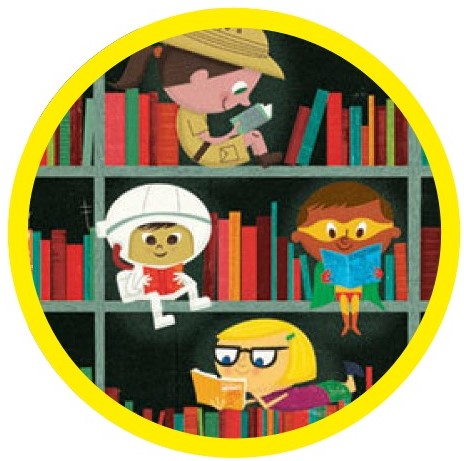| First posted 6/24/2020. |
 |
The Chronicles of Narnia SeriesC.S. Lewis
|
|
First Publication: October 16, 1950 to September 4, 1956 Category: youth fantasy novel Sales: 120 million (all 7 books) |
Accolades for the Entire Sieres (click on badges to see full lists): 


|
|
About the Books: “The Chronicles of Narnia is a series of fantasy novels…originally published in London between 1950 and 1956.” WK It “is considered a classic of children’s literature” WK and has been translated in 47 languages. WK It “has been adapted for radio, television, the stage, and film.” WK “The series is set in the fictional realm of Narnia, a fantasy world of magic, mythical beasts, and talking animals. It narrates the adventures of various children who play central roles in the unfolding history of the Narnian world. Except in The Horse and His Boy, the protaganists are all children from the real world who are magically transported to Narnia, where they are sometimes called upon by the lion Aslan to protect Narnia from evil. The books span the entire history of Narnia, from its creation in The Magician’s Nephew to its eventual destruction in The Last Battle.” WK The books were not written or published in chronological order of the events that happened in the books. Chronoligically, The Magician’s Nephew happens first and The Horse and His Boy happens toward the latter end of the time frame covered in The Lion, the Witch, and the Wardrobe. When Wardrobe was the first to be be published in 1950, Lewis had already completed Prince Caspian, The Voyage of the Dawn Treader, and The Horse and His Boy. WK The books in the series are:
Resources and Related Links:
|






















